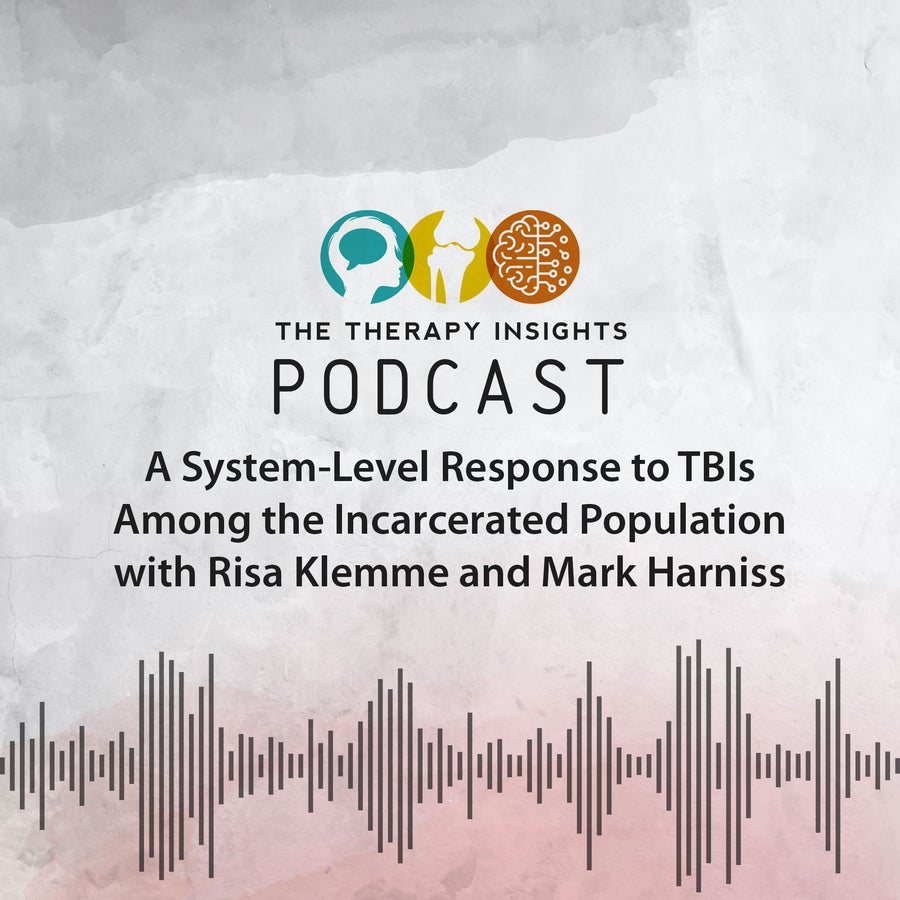;)
Until now, people who are incarcerated have not been screened for TBIs. We know that TBIs can cause changes in behavior and personality that can lead to incarceration, and once inside, make it more difficult to fully heal and functionally return to the community. The Washington Department of Corrections is one of the first, if not the first, state correctional agencies in the U.S. to implement a system-level response to TBIs among the incarcerated population. How did this happen? Through a persistent effort to build relationships, foster inter-agency collaboration, and a strong commitment to sustaining the mental health resources necessary to build and grow a program that supports a TBI screening program, cognitive skills training program, and peer mentoring program. This is a fascinating and deeply inspiring conversation with Risa Klemme, ADA compliance manager for the Department of Corrections, and Dr. Mark Harniss, Associate Professor in Rehabilitation Medicine, Director of the Center for Technology and Disability Studies, and Director of the UW Disability Studies Program. When people come together to change massive systems bit by bit, we all get collectively closer to our shared humanity. A heartfelt thank you to Risa and Dr. Harniss for their time and devotion, not only to this podcast episode, but to their legacy of collaboratively building the TBI program in the state of Washington.
Guest(s)
Risa Klemme, ADA compliance manager for the Department of Corrections and Dr. Mark Harniss, Associate Professor in Rehabilitation Medicine, Director of the Center for Technology and Disability Studies, and Director of the UW Disability Studies Program.
Episode notes / links
- Pilot Program at Stafford Creek to Identify, Help Incarcerated with Traumatic Brain Injuries
- University of Washington's TBI Corrections
- Washington Department of Corrections: INFOGRAPHIC: Traumatic Brain Injury – An Overview of TBI & Increased Risky Behavior
- Brain Injury Association of America: Traumatic Brain Injury in Corrections
- Publications by Dr. Mark Harniss
